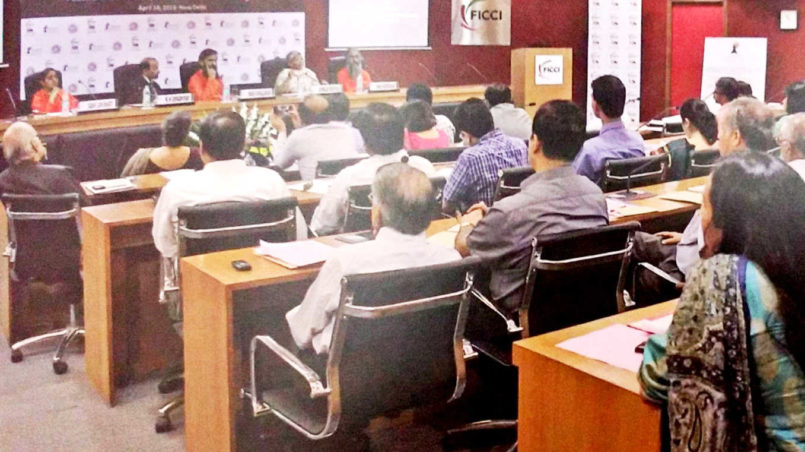Should We Forgive The Transgressors?

Usually when we think of “prison”, the very first thing that comes into most of our minds, without any conscious rumination about it, is that ‘a prison is a place where criminals are incarcerated and punished for their transgressions or offences’. Rarely do we think that prison is not only meant to impose punishment but nevertheless is a place for correction and disciplining of people who have been convicted of committing some offence.
There are many who are circumstantial offenders and at times innocent as well. Many of us might claim that we don’t generalize that everyone who has served a prison sentence is a criminal. But our suspicion and aversion towards the imprisoned population is best reflected in, and substantiated by, our general attitude of neglect towards such people and our hesitation in accepting them back into our society.
Employers seldom want to take the risk of employing a person who was imprisoned and those who succeed in finding employment by concealing the fact that they were once imprisoned are usually dismissed when this becomes known. Unemployment and the ensuing financial distress, along with the denunciation that is meted out on such people, compel them to resort back to criminal activities at some point in their lives.
To be honest, I never gave any thought to these issues concerning prisoners until I attended a conference on prisoner rehabilitation and reintegration. For me, prison was nothing but a place where criminals are confined. For me, prison was a place where criminals are punished by separating them from their families and the larger society. I never seriously thought about the disciplining and correctional side of imprisonment.
And most of us usually forget about this section of society. We do not care to spare a moment to think about their lives inside prison and their future upon release. To us, they are simply transgressors who are a danger to society and we usually want to be far away from them as much as possible.
Some released prisoners who had been finally rehabilitated shared their experiences. One of them was imprisoned for only a few months while awaiting trial and was later acquitted. However, upon release, he suffered severe rejection and was ostracised by his family. The stigma of being behind bars became a huge deterrent to finding a job and soon he was in dire straits financially.
Unemployment and social rejection led him to steal from containers which held goods to be exported. He admitted that his inclination towards criminal activity started to grow as he no longer believed that choosing the right path would serve any purpose for him after being stigmatized as a person who had spent months in prison.
Other released inmates shared such experiences of stigmatization and the challenges they had to face post release, as well as the utter difficulty in adapting in a society where they were categorically told every now and then that they would not be accepted back.
After participating in the program, I realized that there is a sheer lack of awareness regarding the life of released prisoners and the challenges that they face on an everyday basis. We readily see them as criminals but fail to see the potential in them. It is important that civil society starts to play its part in helping offenders to free themselves from the vicious circle of crime, imprisonment, rejection and reversion to crime. Only disciplining and reforming prisoners is not enough. Dejection and failure to reintegrate them wholly into society will eventually pull them back into the world of crime. It is important that society does not fail to realize that what such people need is proper direction and an opportunity to mend their ways and lead a righteous life. For this to happen, rehabilitation in the form of financial security is also of utmost importance.
Awareness would help us to contribute in whatsoever way to allow such people to return to society and to provide them with a chance to become responsible individuals who are beneficial for society. We should not ignore the fact that failing to rehabilitate prisoners can lead to the emergence of various social threats after they are released.
After all, we need to become more responsible and considerate human beings whose faith in human potential is unwavering.
Credits
| Image | Title | Author | License |
|---|---|---|---|
 |
Transgressors | Suamana Singha | CC BY-SA 4.0 |
